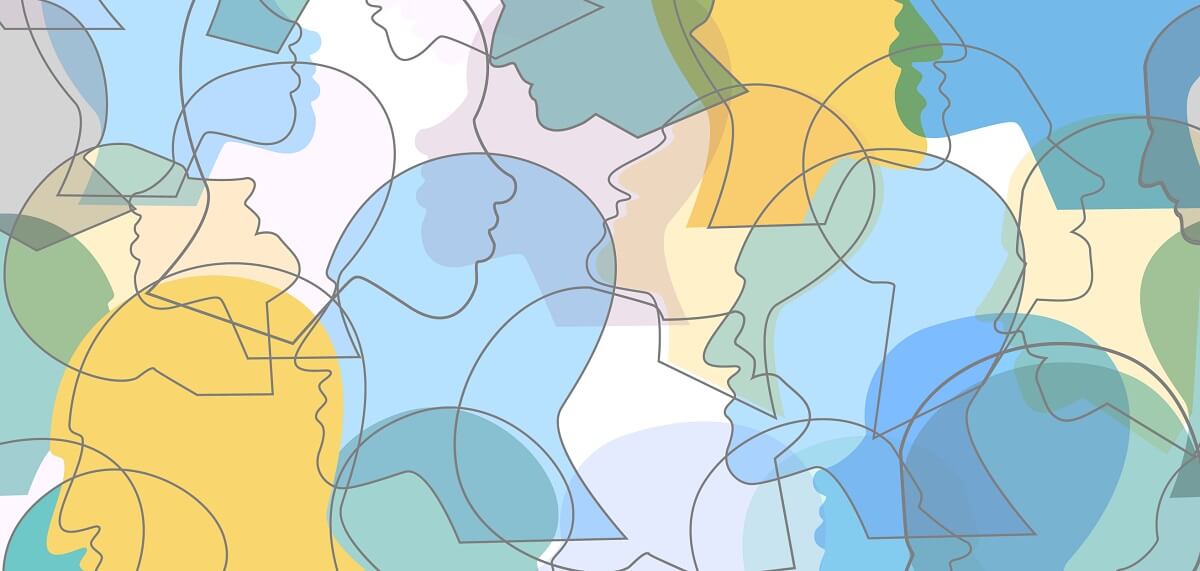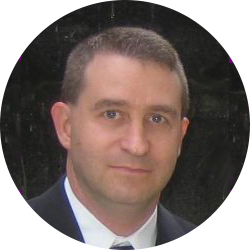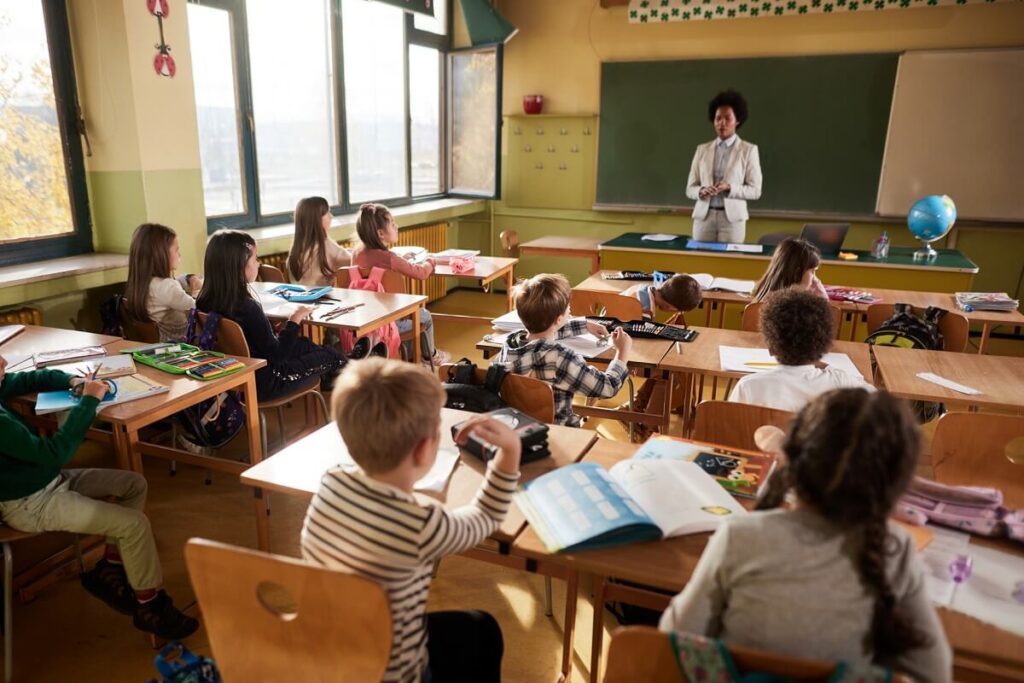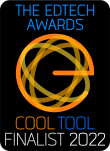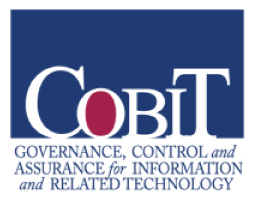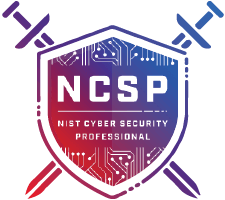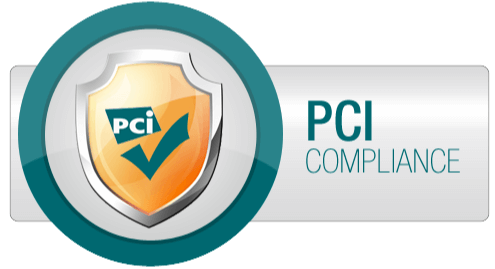At the very least I can distinguish fear from worry and anxiety, often confusing people and preventing important remedies. Fear and worry are both instinctive, not requiring any active thinking while anxiety, both ruminative (past-oriented) and anticipatory (future-oriented) involve a composition of brain/body imbalance, trapped energy, avoidance, pessimistic world view schema, and much more.
I believe my fear is primal, like encountering a bear in the woods. Like many in education, we feel a growing sense of helplessness compounding our fear. We witness daily, students struggling with their own pressures without the internal or external resources to manage them. Substance abuse, bullying, and suicide are just a few of the seismic threats schools lack the time or preparation to handle.
How we prevent and intervene with both children and adults at risk of stress blossoming into debilitation is a conversation occurring at the highest levels. Even in the face of evaporating funding, money is being made available for violence prevention, trauma-informed care, and the adoption of Social and Emotional Learning (SEL). Yet even with funding, schools haven’t yet been guided in how prevention (i.e. climate, anti-bullying, SEL) can reduce the risk of mental health disorders such as anxiety and depression.
It’s unclear to many what Social and Emotional Learning is intended to produce and how it supports schools in creating physically and emotionally safe learning environments. Appreciating how SEL extends well beyond skills development, has developmental milestones, and is paradigm-driven, can help if we recognize mental health issues as complex and not simply symptom-driven.
Understanding how trauma, violence, mental health, and substance abuse, are rooted in a low tolerance for distress, a lack of self-reflection, and poor ego development, will make the goals of SEL clearer, saving schools tremendous time, money and energy, but also saving lives. SEL goes well beyond skills development; it’s about how we overcome challenges through growing our resiliency to adapt.
When inundated with chronic or acute stress, lacking both the internal resources and external supports to endure, our physical and/or psychological health is placed at risk. Behavioral problems may manifest for those who blame the world and mental health issues for those who blame themselves. For educators, distress may divest adults of their professional energy. Engagement is impacted—a national problem evidenced by our challenges in recruitment and retention of educators.
To solve any problem we must do two things. Firstly, we must understand why the problem exists, so that we are creating a solution that doesn’t recycle old problems. Secondly, we must emphasize process as much as outcome, so the ‘how’ becomes just as important as the ‘what’. I am a firm believer that attending to processes over outcomes or content is the path toward individual and systemic health. Whether it’s reframing anxiety from symptoms to self-generated angst or bringing cohesion to fragmented systems, my role is illuminating process as the key to transformation.
Maintaining a process focus becomes increasingly difficult when others seemingly operate under some different standard of authenticity. I should still maintain my integrity regardless of others, but the high stakes and glaringly disparate views make this increasingly challenging. With the holidays approaching, I suspect this will be a source of concern for many who don’t share similar views with all family members.
Having and sharing different views is the essence of learning and the basis of a democratic society, so why is this so difficult for so many? Perhaps it’s the same reason why history teachers are reluctant to discuss modern politics in class— because they don’t want to risk the potential fallout in their community or add the stress of unproductive conflict. When we lack trust in exploring differences however, the fabric of our entire community begins to unravel.
Constructive differencing is a core element of Social and Emotional Learning, valuable for both academic and relational success. This particular competency requires the ability to self-reflect a somewhat stable identity, and exhibit sufficient empathy to learn from others. Through conflict resolution, we develop intimacy with others who are different, even more deeply than with those who are more similar to ourselves. But when our values differ greatly, informing how we think, believe, and perceive the world, can we still explore our differences with curiosity? Is intimacy still possible?
If I can’t remain neutral, how can I expect others who aren’t devoted to unconditional positive regard and non-judgment to refrain from taking sides? Or worse, if we become further entrenched as a society in advocating for our own position while denigrating the other side, might we devolve as a society? The stress of unresolved differences can harm the mental health of an individual or a system, generating tension many experience as anger.
When we are perpetually angry, we don’t think as clearly, aren’t as receptive to other’s perspectives, and may lose our desire for empathy. If we operate under this duress, we employ protective mechanisms that insulate us from others while growing tension that harms our health. A child who lacks the resiliency to tolerate distress, another integral SEL tool that diverts energy from wellness into self-protection, may become a victim or perpetrator.
A sharp decline in wellness can bring us into survival mode, where mental health problems flourish. Our isolation, lack of attention to needs, and hyper-vigilance deplete our system and compromise our health. And this is why I personally take emotional depletion seriously. Knowing the signs of problems and the processes that generate health or dis-ease, are the best prevention tools.
As a society and the nurturers of future generations, we have to find a way to bridge our differences through a process that values differences, even with different values. With the risk of academic decline, addictions, violence and mental health problems, it becomes critical that psychosocial emotional learning becomes part of the fabric of the school, well beyond the skills embedded in a curriculum.
If we can reframe our view of Social and Emotional Learning as a foundation to strengthen psychological health, growing resiliency to support us during times of duress, we will limit the extremes of regression that cause more serious mental health problems. We can learn to recognize the signs that students are struggling through our own improved self-reflective practices.
While this may at first glance seem like extra work, even a burden that distracts from the purpose of teaching, you may soon value the prosocial elements that enhance concentration, attention, and motivation to achieve academically.
If we can embody the principles of SEL, we can strengthen our own resilience and the integrity of our system. And more systems engaged with this important work will filter into society. The work isn’t easy and resources are limited, but if we are to balance learning to make a living and learning to live, we have to begin with a shared picture of what we are doing and how we plan to do it.
